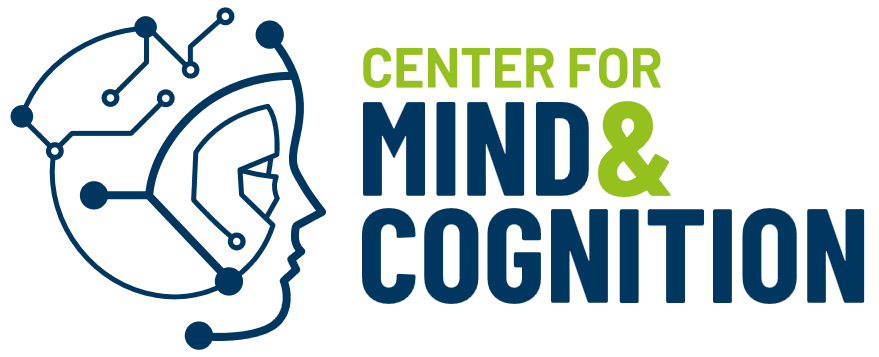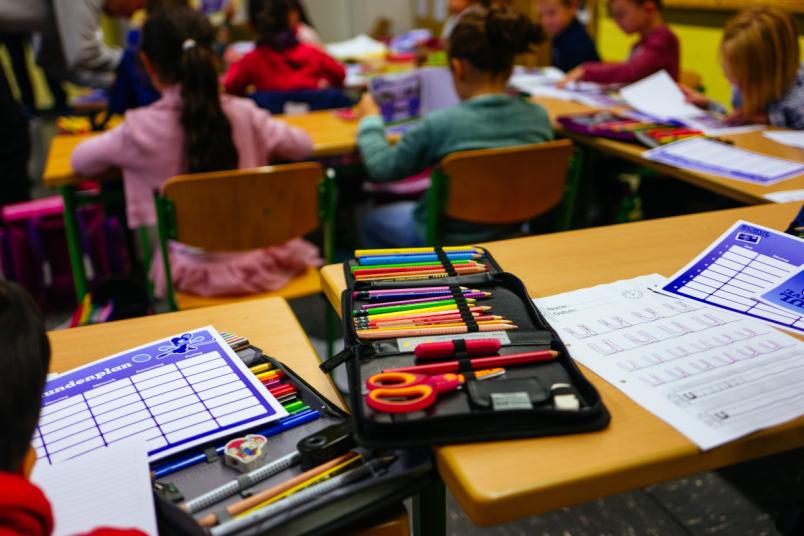Primary School Children Outperform All Other Age Groups
A learning experiment with participants of different ages produced surprising results.
The ability to make the connection between an event and its consequences – experts use the term associative learning – is a crucial skill for adapting to the environment. It has a huge impact on our mental health. A study by the Mental Health Research and Treatment Center (FBZ) at Ruhr University Bochum, Germany, shows that children of primary school age demonstrate the highest learning performance in this area. The results pave the way for a fresh perspective on associative learning disorders, which are linked to the development of mental illness later in life. The researchers published their findings in the journal Communications Psychology on December 16, 2024.
Until now, it was unclear how associative learning develops over different stages of life. This is why the team headed by Professor Silvia Schneider, Professor of Clinical Child and Adolescent Psychology, and Dr. Carolin Konrad conducted the first systematic study of this ability in infants, children, adolescents and adults. In the study, test participants had to learn to react to a stimulus with a specific response.
For full article, visit RUB News


